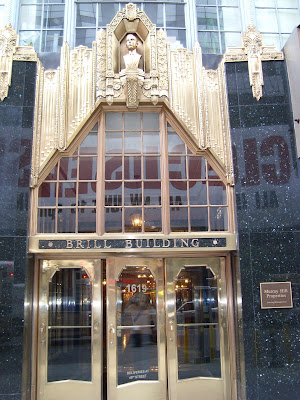The Edit Process
I'm lucky in that I am the editor of a page which appears more or less exactly as I want it to. That is primarily because I don't give anyone the opportunity to change anything, which means not making mistakes, so that they haven't an excuse.
But of course it doesn't preclude my doing things differently from the way other people would, which must sometimes annoy the subs. (I go and argue about semi-colons.) Nor does it mean that I'm not sometimes saved from horrendous errors by the subs.
Many good writers (and some subs are extremely good writers, or at least recognise and reinforce good writing) have very different ideas about punctuation, or about what sounds natural, or about which grammatical rules are vital (or fluid).
Strangely, though, the opposite is true for anything published with my byline. I get irritated by reconstruction of the sort which I blithely perform all the time on other people's writing, partly because it often goes in the opposite direction from my own instincts.
But as I was thinking about this, I realised that my own instincts have been constantly revised during my working life. I had once a tendency to mark off every subordinate clause with very Germanic punctuation. I now try to eradicate commas.
I do not understand the convention "In 1970, he joined the Navy... " My old self would have argued for the subordination, the shift in focus, as justification for the comma. Now I don't see the point of it. Though I would still defend a redundant comma which helped the eye. And I'm aware of the objections to the previous sentence - and this one, if you're a conjunction maniac. But I don't see why you should be.
Jane Austen's punctuation is plain mad. So is Ivy Compton-Burnett's. No one's objecting to them as writers.
But it's odd that only the things with my name attached are the ones most likely to contain things I would never have written. Such as "a lot for which to answer", instead of "a lot to answer for".
But when I was 20, I might have changed that.
